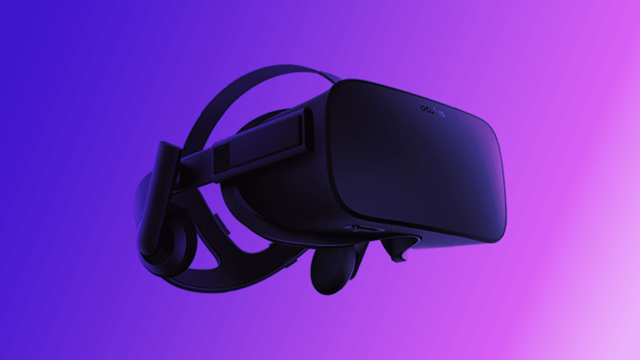Mobile augmented reality is expected to earn $1.5 billion this year, outselling virtual reality games and creating opportunities for creative marketing. According to second quarter 2018 data released by SuperData Research, virtual reality continues to lag behind but Oculus Go sales look promising.
Pokémon GO, the game that kicked off an AR mobile movement in 2016, reached its highest monthly player count since 2016, SuperData noted. The world is still waiting for a new “killer app,” however, and developers are competing to make it. Apps using Apple’s AR platform, ARKit, grew 13 percent quarter-over-quarter, while monthly active users declined 11 percent.
AR has created a number of creative opportunities for brands, too. Social media platforms like Facebook and Snapchat have incorporated branded AR campaigns into their mobile apps. Facebook recently began testing AR ads that let users try on products like sunglasses and makeup, for example.
“AR is one of the most talked-about technologies, so branded AR experiences like IKEA Place have the potential to generate major buzz,” SuperData research principal analyst Carter Rogers said in a statement. “However, as the novelty wears off, consumers will be less willing to make the effort to download standalone branded apps.”
The key to continued engagement, Rogers said, will come by way of seamlessly integrated AR into existing sites and platforms.
Console gamers are still waiting for VR to take off, and so are developers, apparently. Sony’s PSVR had a lackluster VR showing during E3 and sold just 100,000 units in the second quarter, compared to three times as much during the same time last year. Microsoft, meanwhile, abandoned bringing VR to the Xbox One X entirely.
“Big developers either aren’t sold on the technology or don’t believe that investing time and resources in console VR content is worth the hassle… yet,” Superdata notes.
Facebook is taking advantage of the lack of competition, selling 289,000 Oculus Go headsets in the second quarter.
“Oculus GO is part of an important movement for XR [cross-reality],” SuperData Research’s head of XR Stephanie Llamas said in a statement. “Facebook sold more units of the standalone headset in its launch quarter than they did the Oculus Rift in the entire first half of 2017. Its price and convenience are proving to be selling points, but it will be up to them to create compelling content that keeps users engaged over and over again.”
SuperData predicts that the immersive technology market—which includes VR, mobile AR, Mixed and Augmented Reality headsets and 360 cameras—will reach $7.7 billion in 2018 and $30 billion by the year 2020.

